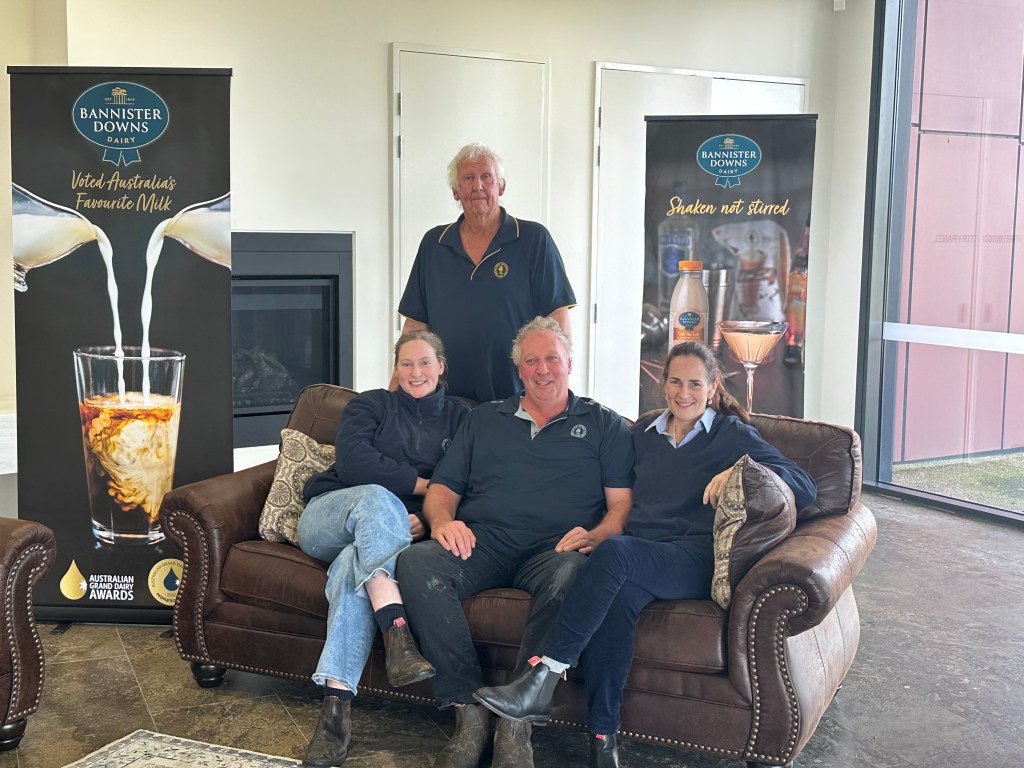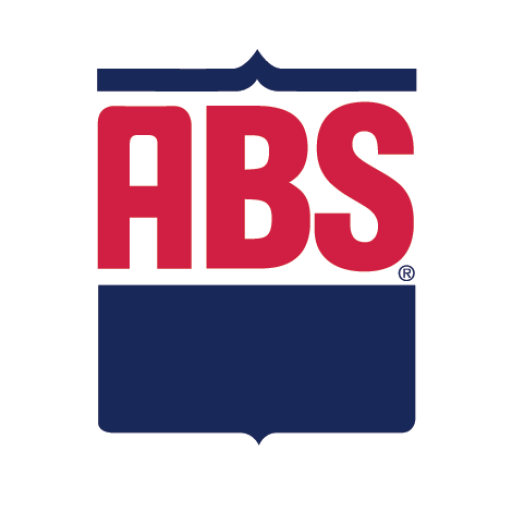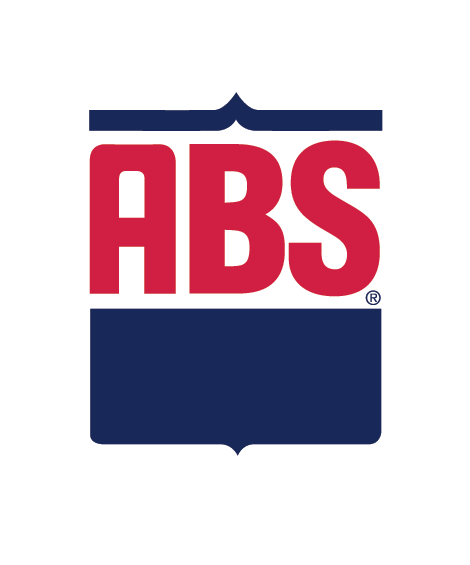Innovative Farmers Use Genetics to Boost Animal Welfare.
IT’S been six years since one of Australia’s leading dairy farms has removed horns from its animals and at the same time, they used exclusively female sexed Holstein PP semen to breed replacements and eliminate bobby calves.

And their milking herd of up to 1500 continues to thrive with solid milk production, fertility and all the traits suitable for a profitable grass-based dairy operation in Western Australia.
That’s because Bannister Downs Dairy – a farm and processing operation in the south west at Northcliffe – chose to breed polled cows.
As early adopters of the genetic solution to one of the dairy industry’s most challenging animal welfare issues, Bannister Downs Dairy hasn’t looked back – and the customers of their award winning milk and cream, are loving it.
Bannister Downs Dairy Managing Director Suzanne Daubney said dehorning was never a task anyone wanted to do.
“I guess it’s a bit like mulesing in sheep, it’s not fun, no one likes doing it, but the alternative of not doing it is even worse,” she explained.
“The animals (with horns) could injure each other or potentially kill a person.
“We looked at the paste that you can put on when they’re very young, to remove horns, but that wasn’t really nice at all, either for the people or the animals. You’d always try to pick the heifers when they were big enough and strong enough to withstand any stress or trauma. Then, get everything right, to try and make it have as minimal impact on them as possible. It was just a job that nobody liked doing. And because, you know, we’re here because we love animals, and you’re damned if you do, damned if you don’t.”
So when Suzanne’s husband Mat – whose family started Bannister Downs Dairy – started researching polled genetics, it made sense.
“It’s solved an animal welfare, and a work problem, as well,” Suzanne said.
“It has been a game changer. It’s one less job – one less awful job – you have to do. Staff are also happier and more content.”
Breeding for polled animals fits Bannister Downs Dairy’s farming philosophy.
Every business practice must pass the simple, yet vital, question of is it the “right thing” to do.
Farm General Manager Mat Daubney knew genetics was the “right thing” to do when it came to removing horns from his herd.
And he was so committed to the concept of breeding polled animals, he was willing to sacrifice dairy “strength” and “type” to make sure he used homozygous or PP sexed sires – those that would guarantee a heifer calf with no horns.
Fast forward a decade and the industry is now delivering bulls that tick every box.
Mat said ABS’ commitment to breed and secure more PP sires meant Bannister Downs Dairy can use sexed PP genetics with confidence, knowing that they do not have to compromise the genetic progress of their herd.
“We are now spoilt for choice, particularly with ABS who have a considerably larger number of PP sires with sexed semen to select from,” Mat said.
“For our brand it is very positive to be able to talk directly with any interested consumer and explain that we have calves that are born polled, naturally.”
Suzanne said this was important as consumers want to understand more about the provenance of their food, care of animals and the care of people.
“It’s a greater awareness,” she said.
“We’re very fortunate to live in Australia, where it’s a given that food is safe and available and of a high standard. And we’re very lucky. In other countries the socio-demographics are changing and in some cases there’s higher wealth than previously, which means big populations are starting to have the same expectations of their food that we take for granted in Australia.”
Breeding polled dairy cattle, and the positive influence this has on the welfare of each animal, is important for Bannister Downs Dairy and its relationship with many markets.
Bannister Downs Dairy produces award-winning fresh milk, flavoured milk and cream products at its processing plant, onsite, in Western Australia.
Suzanne said there’s similar expectations from customers about the use of antibiotics – that the drug is only used sparingly and individually – and the use of sexed genetics.
She said breeding animals that require “minimal intervention…that are tough and hardy” can be more important than a cow producing huge daily volumes of milk.
“It’s about the whole package,” Suzanne said.
Bannister Downs Dairy has an “unwavering commitment” to using PP sires, but the business also has many other breeding objectives to ensure their cows are profitable, healthy and fit their environment.
“Functional” dairy cows – that can walk up to 2.5km daily – are vital for the large herd and grazing system.
“The ‘modern day’ PP sires achieve all of this without compromising production or any other traits,” Mat said.
Working closely with ABS Australia Sales Representative Alan Blum to simplify the bull selection process, Mat said Alan knows what Bannister Downs is looking for and creates a “short list” of recommended bulls to suit their requirements.
29HO20629 TTM ELLIS-PP has been used extensively throughout the Bannister Downs herd because of his balance, providing homozygous polled offspring with elite health traits.
Mat said it’s possible to select PP bulls with confidence knowing they will deliver polled progeny that are profitable.
He said the type and production of their heifers have improved, with the animals performing within the Bannister Downs Dairy herd as well as other herds overseas.
“With the support of ABS we have been able to breed with confidence and assurance that we can breed large lines of dairy heifers for our business and, on occasion, also for other businesses,” Mat said.
“The attributes of PP have attracted a premium when selling heifers.”
Sexed genetics has also been a cornerstone of the Bannister Downs Dairy operation.
Regularly achieving 50 per cent and 60 per cent conception rate in cows and heifers respectively, Mat said sexed genetics has accelerated the breeding ability of their herd.
“We are able to have more discipline around our breeding performance due to a high number of replacements coming through,” he said.
“We don’t find we get a poor conception rate with sexed semen, rather we just get approximately 10 per cent less than if we were using conventional semen. However, a result of 94 per cent live heifer calves works out far more advantageous.”
The West Australian dairy operation runs two herds – one as a part of an automatic voluntary milking rotary and another in a traditional rotary dairy.
The automatic rotary dairy is a 24-stand De Laval and the first of its kind in the state.
Milk from the dairy is pumped 10 metres to the processing facility, while the detailed data collection from the robots enables early and quick detection of any cow illnesses – ensuring the best health and welfare outcomes.
Suzanne said cows can swap between the herds if one system suits them better.
This animal welfare first approach is what sets Bannister Downs Dairy apart. Mat and Suzanne, with business partner mining entrepreneur Gina Rinehart, embrace the latest technology and research and apply it to their farm to ensure the best outcome for all. Ethical dairy practices have been at the heart of Bannister Downs Dairy for 100 years – when Mat’s grandparents founded the property in 1924. Nothing has changed. Suzanne and Mat are confident that polled and sexed genetics provide the best outcome for their herd. It’s with this confidence that they approach the many and varied questions that come through to the processing side of the business from customers. As a consumer-facing business, Suzanne said it’s great that they can share their story and help educate customers with considered answers to individual queries.
“Answering these questions is not often quick,” Suzanne said. “If we give an honest, genuine answer we can stand by it.”
Does this change how consumers view dairy and dairy products?
“I see it as an opportunity to educate people,” Suzanne said.
“I think, in most cases, the sort of person that is writing with a genuine reason – wanting to understand – what they go away with is confidence. The confidence that they can trust what we’re doing. We are honestly trying to improve wherever there’s an opportunity to improve within our capabilities.”

